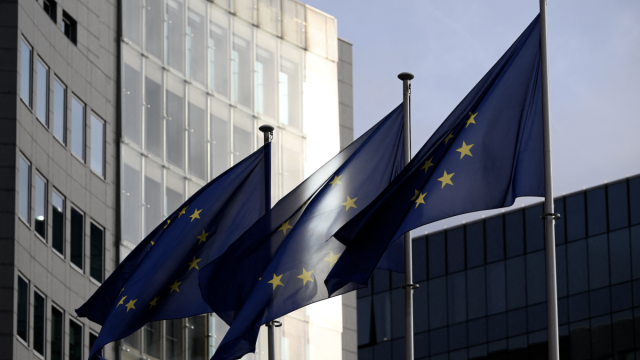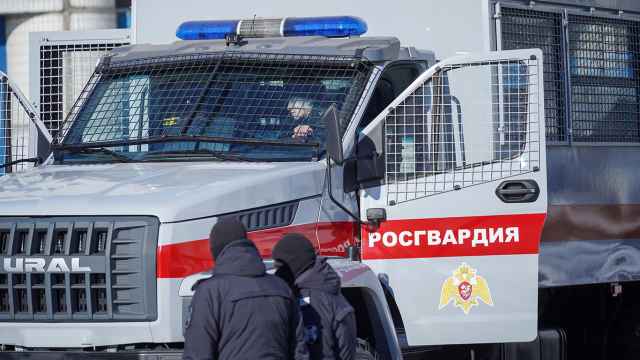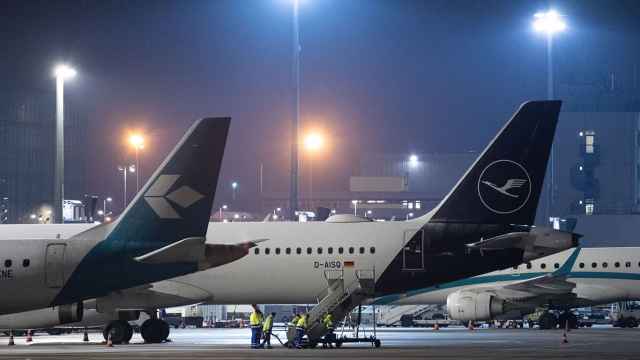
Ralf Kurne
Partner
CMS, Berlin
Business relationships all over the world are getting closer and closer. But still, when an investor considers acquiring a company abroad, he faces differences in legal environment, business culture and mentality. Understanding these issues and being well prepared for a transaction abroad are a major challenge to international mergers and acquisitions.
The CMS law firm's "European M&A Study 2011" helps international investors understand how M&A transactions work in Europe and develop the right level of expectations when negotiating a takeover abroad. The study's results may be used in negotiations as an independent source of market standards.
The study is based on more than 1,000 M&A transactions that involved CMS advisory from 2007 to 2010. The number of deals under review reflects the market position of CMS as a leading M&A legal service provider in Europe and is the only database of this size and quality available on M&A transactions in Europe.
The study provides an overview on current market standards, trends over time and local differences. It covers the whole M&A process from the confidentiality agreement up to the closing. A specific focus is on the legal provisions of M&A agreements. These include provisions on purchase-price adjustments and earn-outs, reps and warranties, tax indemnities, limitations of seller liability, conditions on closing and noncompetition.
The results show that the market climate significantly changed "back to normal" in 2010. After the financial crisis in 2008, the M&A market was buyer friendly, with only a reduced number of active buyers compared with the boom year 2007. But as the buyers returned in 2010, the deals became more balanced and showed significant improvements for sellers' positions.
In detail, the following significant results back this observation:
- A fixed purchase price without an adjustment clause was agreed in nearly half of the transactions in 2010, versus only 35 percent in 2007-09. In some European countries, especially Germany, an increasing number of transactions was agreed on a so called locked-box basis, meaning that the purchase price is finally agreed upon signing and the buyer is only protected by the seller's undertaking not to withdraw assets from the target up to closing.
- Another important observation is that there are less earn-out agreements (under which a part of the purchase price will only become due subject to future results of the target). Where earn-out clauses were agreed, the earn-out period was significantly shorter in transactions in 2010, versus 2007-09.
- As a result of the decrease of purchase-price adjustment and earn-out clauses, the buyers investigate more thoroughly what they want to buy. Accordingly, a detailed due diligence is the basis for the buyer's decision on whether to make the purchase and what risks he may have to take as in the years before.
- Further, in 2010, the caps agreed for the seller's liability for reps and warranties were significantly lower, and the limitation periods were shorter in 2010, versus 2007-09.
A Message from The Moscow Times:
Dear readers,
We are facing unprecedented challenges. Russia's Prosecutor General's Office has designated The Moscow Times as an "undesirable" organization, criminalizing our work and putting our staff at risk of prosecution. This follows our earlier unjust labeling as a "foreign agent."
These actions are direct attempts to silence independent journalism in Russia. The authorities claim our work "discredits the decisions of the Russian leadership." We see things differently: we strive to provide accurate, unbiased reporting on Russia.
We, the journalists of The Moscow Times, refuse to be silenced. But to continue our work, we need your help.
Your support, no matter how small, makes a world of difference. If you can, please support us monthly starting from just $2. It's quick to set up, and every contribution makes a significant impact.
By supporting The Moscow Times, you're defending open, independent journalism in the face of repression. Thank you for standing with us.
Remind me later.





